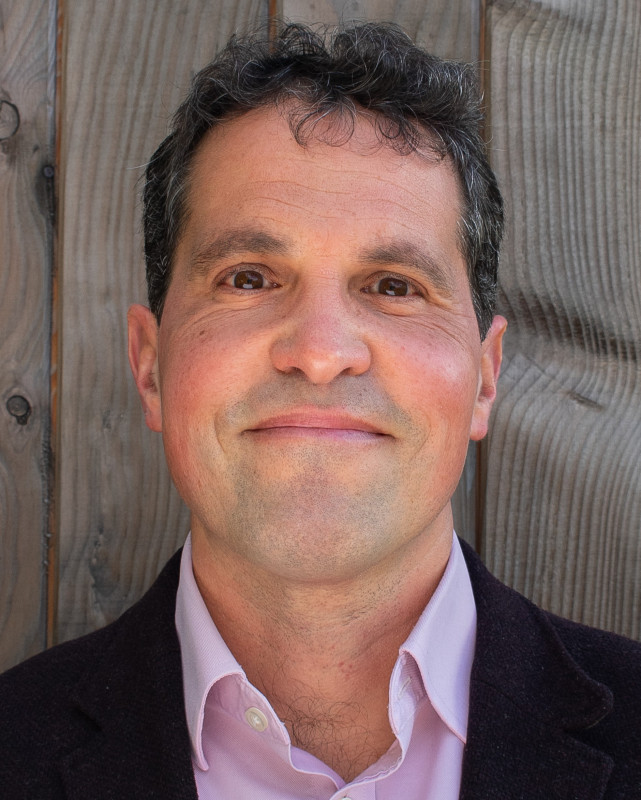KLI Colloquia are invited research talks of about an hour followed by 30 min discussion. The talks are held in English, open to the public, and offered in hybrid format.
Fall-Winter 2025-2026 KLI Colloquium Series
Join Zoom Meeting
https://us02web.zoom.us/j/5881861923?omn=85945744831
Meeting ID: 588 186 1923
25 Sept 2025 (Thurs) 3-4:30 PM CET
A Dynamic Canvas Model of Butterfly and Moth Color Patterns
Richard Gawne (Nevada State Museum)
14 Oct 2025 (Tues) 3-4:30 PM CET
Vienna, the Laboratory of Modernity
Richard Cockett (The Economist)
23 Oct 2025 (Thurs) 3-4:30 PM CET
How Darwinian is Darwinian Enough? The Case of Evolution and the Origins of Life
Ludo Schoenmakers (KLI)
6 Nov (Thurs) 3-4:30 PM CET
Common Knowledge Considered as Cause and Effect of Behavioral Modernity
Ronald Planer (University of Wollongong)
20 Nov (Thurs) 3-4:30 PM CET
Rates of Evolution, Time Scaling, and the Decoupling of Micro- and Macroevolution
Thomas Hansen (University of Oslo)
RESCHEDULED: 18 Dec (Thurs) 3-4:30 PM CET
Chance, Necessity, and the Evolution of Evolvability
Cristina Villegas (KLI)
8 Jan 2026 (Thurs) 3-4:30 PM CET
Embodied Rationality: Normative and Evolutionary Foundations
Enrico Petracca (KLI)
15 Jan 2026 (Thurs) 3-4:30 PM CET
On Experimental Models of Developmental Plasticity and Evolutionary Novelty
Patricia Beldade (Lisbon University)
29 Jan 2026 (Thurs) 3-4:30 PM CET
Jan Baedke (Ruhr University Bochum)
Event Details

Join Zoom Meeting
https://us02web.zoom.us/j/5881861923?omn=85945744831
Meeting ID: 588 186 1923
Topic description / abstract:
This talk will present the case against regarding genetic determinism as historically inevitable because cognitively and socially inescapable. The first, shorter part of the talk will critically evaluate four versions of the claim for inescapability: (1) we’re born with a bias towards deterministic thinking about inheritance; (2) we live in a culture riddled with genohype and can’t help but absorb it; (3) we struggle with the idea that effects can be different depending on context; (4) biologists understood how much context can modify inherited characters too recently for it to have penetrated into individual or collective consciousness. The second, longer part will set out an alternative account of genetic determinism as what has come to be known as a “frozen accident,” that is, as the upshot of historical contingency, of events that might have turned out otherwise – in the case of genetic determinism, events at the foundation of genetics that, on the most recent reconstruction, decided whether William Bateson’s deterministic Mendelism or W. F. R. Weldon’s anti-Mendelian interactionism would frame twentieth-century knowledge of biological inheritance. A major element of this account will be the role of Mendelian pedagogy in perpetuating Bateson’s determinism far and wide, and relatedly, on the light thrown on that role – including its accidental status – by an experiment in teaching introductory genetics organized along Weldonian lines.
Biographical note:
Gregory Radick is a historian and philosopher of science specializing in the history of the modern biological and human sciences. Educated in history at Rutgers (BA 1992) and history and philosophy of science at Cambridge (MPhil 1996, PhD 2000), he has been at Leeds since 2000, serving as Director of the Centre for History and Philosophy of Science (2006–08) and Director of the Leeds Humanities Research Institute (2014–17).
His books include Disputed Inheritance: The Battle over Mendel and the Future of Biology (Chicago, 2023); The Simian Tongue: The Long Debate about Animal Language (Chicago, 2007), which received the 2010 Suzanne J. Levinson Prize of the History of Science Society for best book in the history of the life sciences and natural history; and, as co-editor, The Cambridge Companion to Darwin (Cambridge, 2003; 2nd edition, 2009).
He has held fellowships from the British Academy and the Leverhulme Trust, and served as President of the British Society for the History of Science (2014‒16) and the International Society for the History, Philosophy and Social Studies of Biology (2019‒21). He writes and lectures frequently for general audiences, contributing regularly to the Times Literary Supplement, and has appeared on BBC Radio 4’s In Our Time and in the PBS/National Geographic television series Genius with Stephen Hawking. In 2022 he was appointed to the Board of Trustees of the Science Museum Group.


